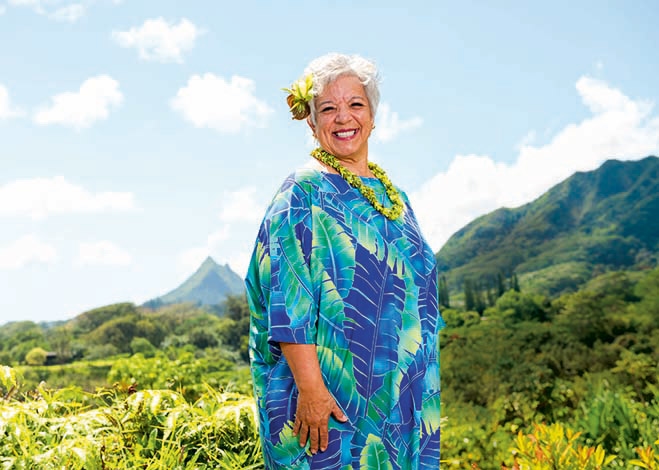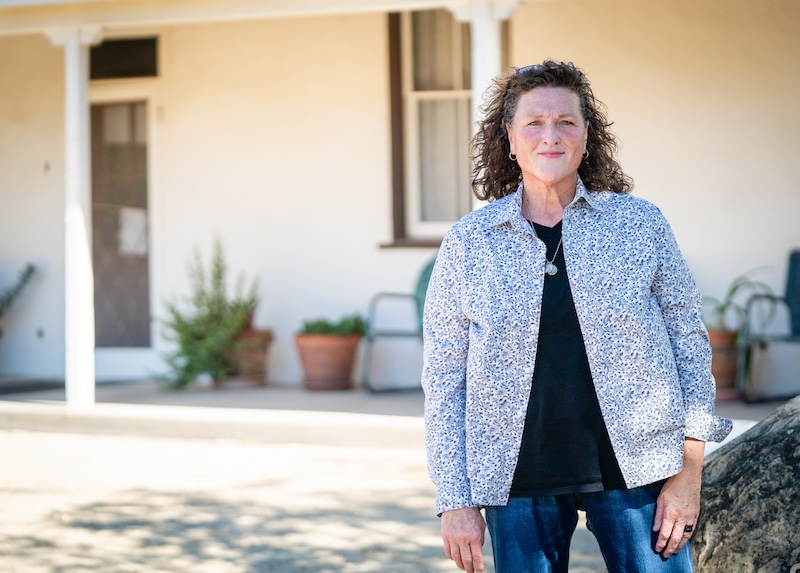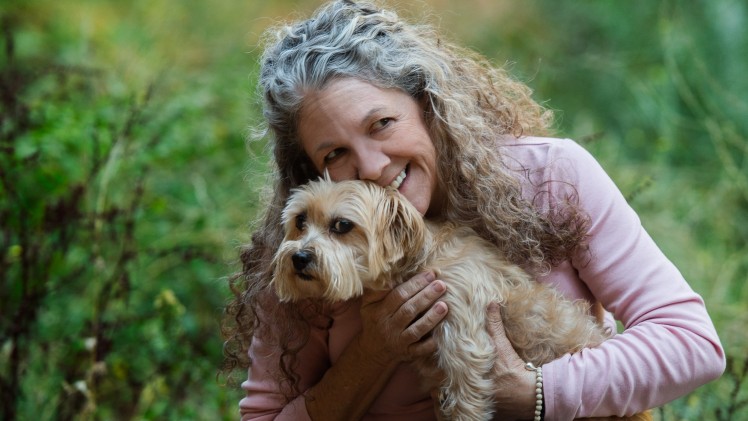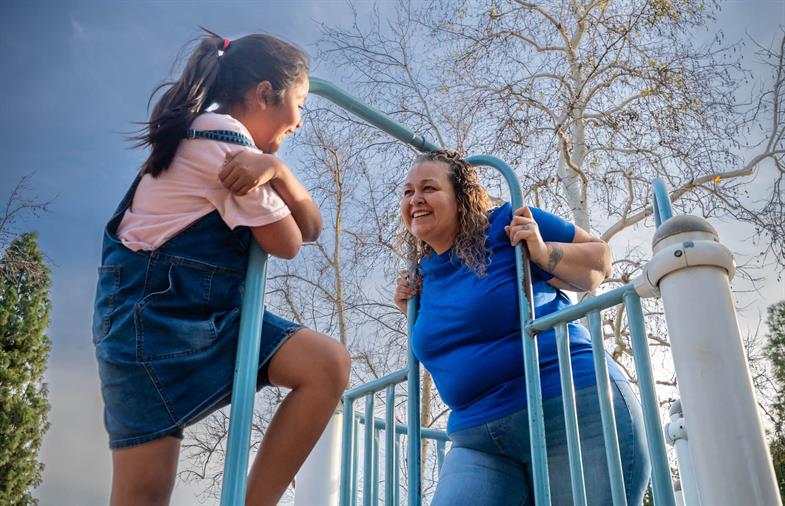Joleen's Heroic Story Battling Breast Cancer
Oct 5, 2022

After a routine mammogram in early 2021, Kāne`ohe resident Joleen Cordeiro, affectionately known as “Aunty Jo,” was given a diagnosis she never wanted to hear: She had stage 2 breast cancer, meaning cancer cells had moved from a small tumor in her breast to a nearby lymph node.
“My mom and sister both had breast cancer. My mom died in her 80s after her cancer recurred as bone cancer, and my sister died in her 60s when hers advanced to her ovaries and uterus,” Cordeiro recalls. “When I heard the word ‘cancer,’ my first thought was death. All I could think about was dying, leaving my family.”
But Cordeiro is a fighter. Determined not to let the situation get the best of her, she worked with her expert care team — made up of primary care provider Boram “Sunny” Lee, MD, surgeon Jacqueline Lee, MD, and medical oncologist William Loui, MD — to plot a course of action to conquer her cancer.
Further Reading: What is my Risk for Breast Cancer?
A flexible treatment plan
Cordeiro’s treatment started with several courses of chemotherapy. Because she has type 2 diabetes and chemotherapy drugs can affect the condition, her providers took special care to adjust dosage levels until they found what worked best for her.
“Dr. Jacqueline Lee became my quarterback, guiding me through the whole process,” Cordeiro says. “Dr. Loui and his staff have a load of expertise, too. Everyone communicated well, and when I needed more support, there were specialists and services right there at Adventist Health Castle to help.”
After chemotherapy, Cordeiro had surgery to remove the small tumor and three lymph nodes. She also underwent radiation therapy on the remaining tissue in case any cancer was left. Cordeiro and her care team then opted for immunotherapy, a type of treatment that helps the immune system in its natural process of fighting cancer cells.
Connected community
Cordeiro spent a year undergoing treatment, with eight hours at each appointment. In that time, she built a bond with the staff and patients she met at the Adventist Health Castle infusion center. The center offers IV and injection treatments, including chemotherapy and immunotherapy, for people on their cancer journeys.
“Going through treatment is hard — your hair is falling out, you’re nauseated, you’re losing eyelashes, and you feel tired all the time. And we talked about it all. They would say, ‘Here’s what foods to avoid’ or ‘Try these false eyelashes,’” she says. “The infusion center became a place where you could share experiences. Having that sense of community with the nurses and other patients was so comforting.”
Escape to nature
Despite her positive outlook, Cordeiro experienced dark days throughout her treatment. “When you’re in therapy, you’re dealing with thoughts of death and dying, you feel lonely, and you’re stuck at home all the time. It was really hard,” she says.
Her husband, Bert, knew he needed to get her out of the house and brighten her days. The classic car enthusiast would start up their 1934 Ford Roadster, “Blue Darling,” prop up Cordeiro with her pillows and take her for rides. “We’d go for these beautiful drives — mountains to the left, the ocean to the right — and it just felt so good to get out of the house,” she says.
On top of her regular nature drives, Cordeiro took up card making, a hobby that suddenly had a purpose. “I started supplying cards to nursing homes, veterans hospitals, cancer foundations,” she says. “I whip up about 200 cards a week now. I call them my ‘rays of hope.’”
Looking ahead
After a year and a half of treatment, Cordeiro says she is “very much still in the process of fighting cancer. We’re doing these treatments to reduce the chance of having to ask, ‘Did we get it all? Did we do all we could?’” she says. “Soon, it will get to the point where I can just turn around, look forward and keep living.”
Further Reading: Breast Cancer Screening: What You Need To Know


